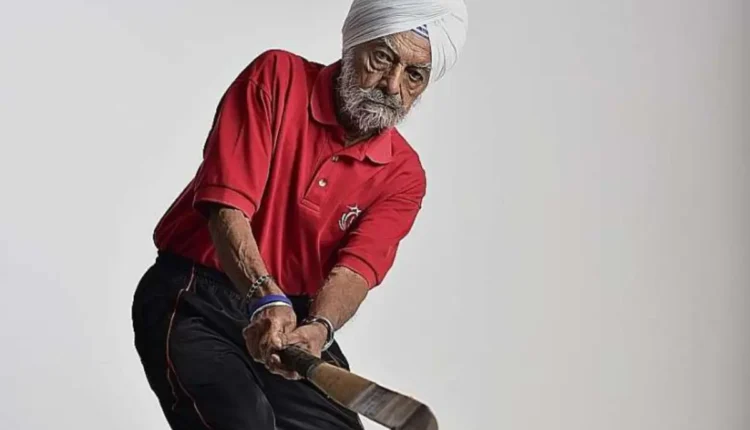Ajit Singh Gill (21 March 1928 – 16 January 2024) holds a celebrated place in the annals of sports history as Singapore’s oldest Olympian. His journey, marked by resilience, passion, and an indomitable spirit, continues to inspire not just athletes but anyone striving to overcome life’s challenges. From humble beginnings in Kuala Lumpur to representing Singapore on the global stage at the 1956 Melbourne Olympics, Gill’s life story is a testament to the transformative power of perseverance and the human spirit.
Early Life of Ajit Singh Gill: From Humble Beginnings to Sporting Aspirations
Born in Kuala Lumpur in 1928, Ajit Singh Gill was the eldest of ten siblings. Life was far from easy, especially during the Japanese occupation of Malaya in World War II. Gill, a scrawny boy battling childhood asthma, defied his physical limitations by immersing himself in sports. Growing up in a kampung, he discovered the power of physical activity to transform not only his body but also his prospects.
As a teenager, he cycled up to 80 kilometers, selling goods in the countryside to support his family. These formative years built the grit and determination that would define his later achievements. In 1953, his family relocated to Singapore, where he attended the Teacher Training College, marking the beginning of his enduring relationship with the island nation.
A Stellar Sporting Career: Hockey, Cricket, and Beyond
Ajit Singh Gill’s athletic prowess became evident as he excelled in both hockey and cricket. From 1948 to 1951, he represented the Selangor Indian Association in hockey, becoming a short corner specialist. His talent earned him a spot on the state team of Selangor in 1950.
Gill’s move to Singapore saw him represent the Singapore Indian Association from 1952 to 1975. His crowning achievement came in 1956 when he competed in the men’s hockey tournament at the Melbourne Olympics, an honor that etched his name in Singapore’s sporting history.
In the 1960s, Ajit Singh Gill transitioned to cricket, where his aggressive style earned him the nickname “big-hitting Sikh” for his remarkable ability to hit fours and sixes with ease. Even after retiring from competitive sports in 1985, Gill remained active, taking up golf and race walking. In 1990, he topped the ASEAN Senior Amateur Golf Championship, and 26 years later, he clinched gold in the 5,000-meter race walk at the Asia Masters Athletics Championships in Singapore.
A Lifetime of Dedication and Inspiration
Ajit Singh Gill’s contributions extended far beyond his athletic career. In 2010, he became the oldest torchbearer in the Singapore leg of the Youth Olympic Games torch relay, embodying the spirit of lifelong participation in sports.
His influence was felt deeply within the sports community. Mathavan Devadas, president of the Singapore Hockey Federation, described Gill as an “iconic figure” whose active engagement even into his 90s left an indelible mark on athletes. Gill’s commitment to mentoring young players and sharing his experiences made him a cherished figure in Singapore’s sports ecosystem.
Personal Life and Legacy
Gill’s life was grounded in strong family values. Ajit Singh Gill is survived by his wife, Surjit Kaur, five children, ten grandchildren, and five great-grandchildren. His eldest son, Dr. Mel Gill, recalls his father’s resilience in the face of health challenges, including a hip fracture and end-stage renal failure. Despite these struggles, Gill remained steadfast in his positivity and love for life.
Singapore National Olympic Council president Grace Fu paid tribute to Ajit Singh Gill, calling him the “quintessential sportsman” whose legacy transcends generations. His ability to inspire, even in his twilight years, ensures that his story will continue to motivate aspiring athletes and individuals alike.
Also Read:Dr. Satwant Singh Dhaliwal: Pioneer in Genetics and Fearless Sports Journalist

